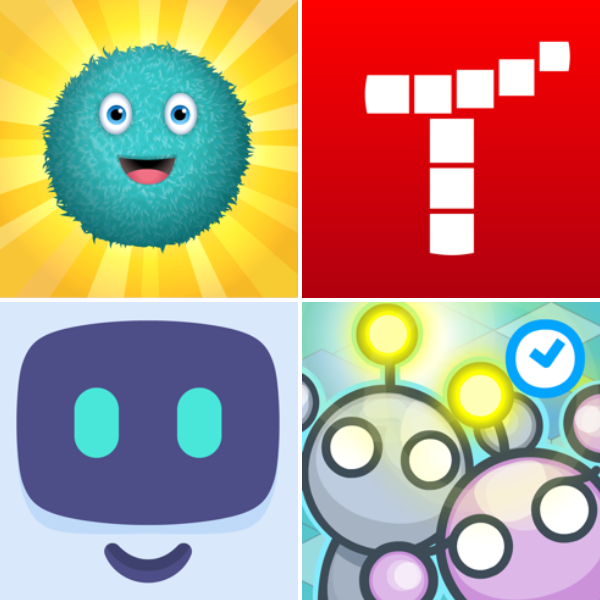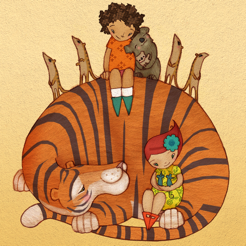Hopster Saturday Club
Why we like it
Cartoon characters help kids identify a range of emotions. Although targeted towards preschool aged children, it may benefit older kids with difficulty identifying emotions. More about this app
QUICK LINKS
apps | printables | shop | subscribe
About Hopster Saturday Club for Kid
Understanding emotions can be a difficult concept for young kids to fully grasp, whether it’s their own feelings or the emotional state of others.
‘Hopster Saturday Club: Empathy’ is a fantastic game designed to develop kid’s fundamental social and emotional literacy skills. As they play the mini-games they will begin to recognize and understand different emotions and learn lots of new ‘feelings words’ to describe how they and the characters are feeling.
Developed with the support of EmpathyLab, a UK not-for-profit organization that inspires children to understand empathy and put it into action, the game builds on primary school activities designed to build real-life empathy skills.
Your child will learn to:
- Recognize facial expressions
- Use emotional vocabulary
- Match feelings and expressions
- Understand their own emotions
- Feel and show empathy for others
Game features:
- Match emotions to character expressions
- Create your own expressions with Saturday Club characters
- Keep track of feelings with the emotions calendar
With this game and Hopster’s Saturday Club show, we want to help promote overall emotional literacy in kids, so they can express how they feel and recognize feelings in others more readily.
‘Saturday Club’ is Hopster’s animated show that explores emotions & empathy for preschoolers. The cartoon follows the adventures of 4 friends – Tian, Jo, Suzie, Jamie – as they act out situations and put themselves in others’ shoes to better understand how others feel.
The importance of preschool kids learning empathy:
- Children with a strong sense of empathy are more likely to be resilient, patient, and tolerant of difference
- Make better decisions and are more likely to reject negative peer pressure and bullying
- They develop strong social bonds with others
- Linked to achieving success in school and beyond






